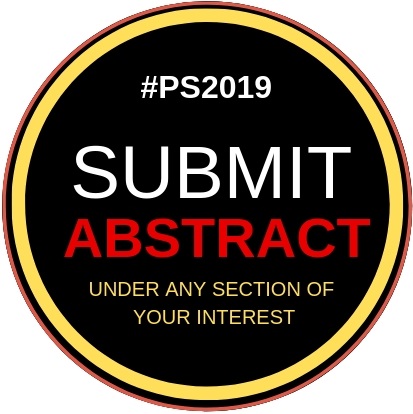Ahmed Eisa
Ludwig Maximilian University of Munich | Germany
Title: The role of chloroplast precursor phosphorylating SYT kinases in protein import and acclimation in Arabidopsis thaliana
Biography
Biography: Ahmed Eisa
Abstract
Plants are continuously exposed to various environmental trigger factors. Due to their immobile nature, plants need to employ mechanisms to acclimate to varying light intensities or temperatures. A plethora of nuclear-encoded chloroplast proteins are post-translationally modified in the cytosol before being imported to the chloroplast. So far, it has been shown that specific serine/threonine/tyrosine (STY) kinases, STY8, STY17, and STY46 are involved in the phosphorylation preproteins prior their targeting to the chloroplast. In addition, the import process itself is highly regulated at different levels where distinct signaling cascades lead to dynamic acclimation of import activity. Therefore, tight regulation of these processes in plays a critical role in plants survival. Our aim is to investigate the regulation of the STY kinases and to elucidate the effects of high light and temperature on phosphorylation and import of established preproteins into the chloroplast in Arabidopsis thaliana. So far, our data shows that the STY kinase activity is negatively regulated by an uncharacterized metabolite-binding ACT domain and its deletion leads to protein misfolding and increase in kinase auotphorylationa nd precursor phosphorylation yield. Using microscale thermophoresis we show secondary metabolite S-adenosylmethionine (SAM) and Isoleucine to negatively regulate kinase activity via the ACT domain. Furthermore, we observed preprotein phosphorylation and kinase expression is enhanced in high light adapted Arabidopsis thaliana. Knockdown mutant plants showed reduced precursor phosphorylation under normal and high light conditions. Finally, we show significant decrease in import capacity of high light acclimated plants in Arabidopsis thaliana.

